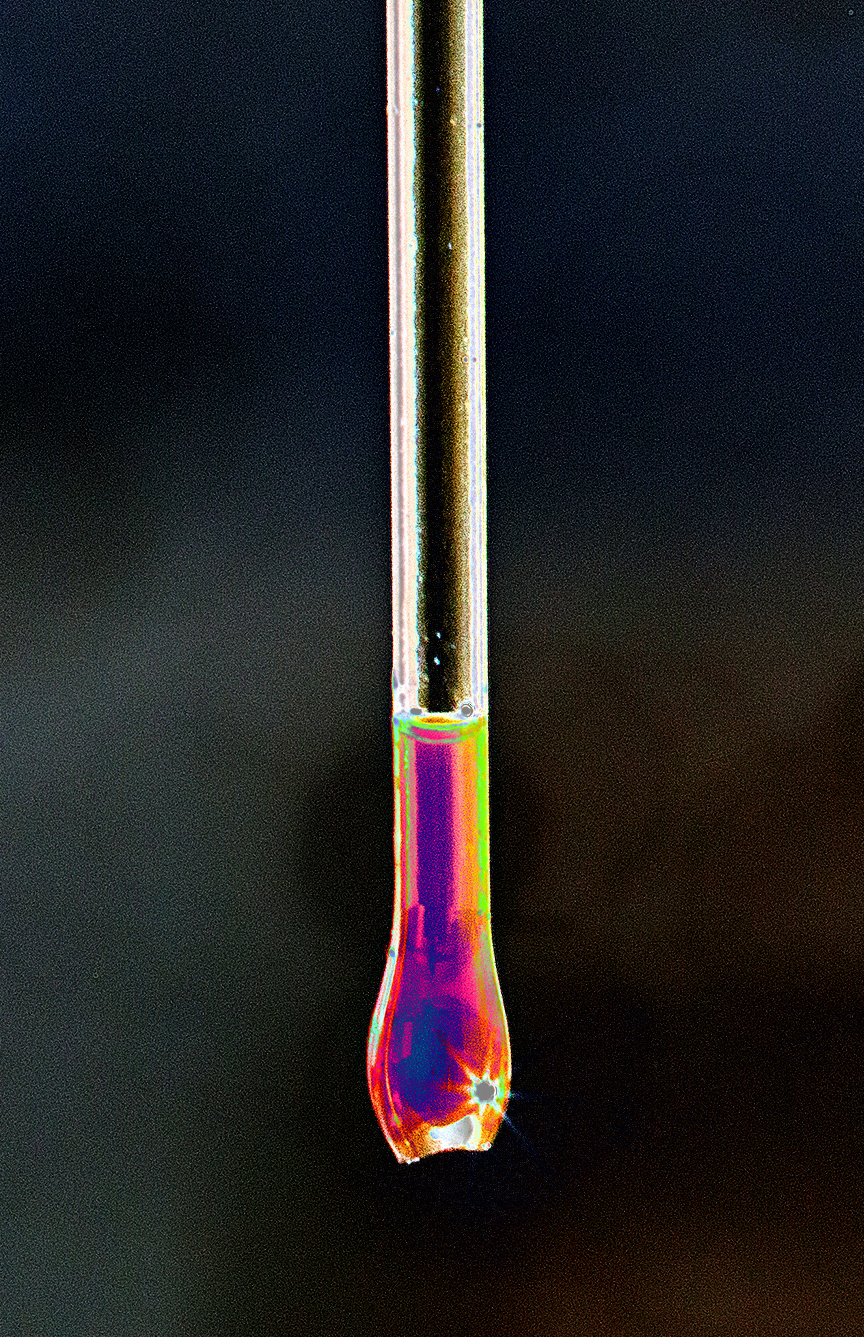Dam closed after PFAS test
 A NSW dam has been shut down after PFAS chemicals were found in its water.
A NSW dam has been shut down after PFAS chemicals were found in its water.
WaterNSW has taken the precautionary measure of temporarily closing Medlow Dam in the Blue Mountains after tests detected elevated levels of per- and polyfluoroalkyl substances (PFAS) in untreated water.
The decision has prompted widespread concern about water safety and led to calls for a more robust response from authorities.
Medlow Dam, which does not supply raw water directly to consumers, has been disconnected from the regional water supply network as a safety measure while investigations continue.
Water from Medlow Dam is normally routed through several other dams before reaching the Cascade water filtration plant, which then supplies treated drinking water to communities across the Blue Mountains.
Sydney Water has reportedly confirmed that the drinking water remains safe, with PFAS levels within the limits set by Australian drinking water guidelines.
PFAS chemicals, which include over 12,000 different compounds, are often described as “forever chemicals” due to their persistence in the environment and resistance to natural degradation processes.
Significant health concerns have been raised globally, particularly regarding two specific PFAS compounds: perfluorooctane sulfonate (PFOS) and perfluorooctanoic acid (PFOA). These substances have been associated with various health risks, including cancer, although evidence of a direct causative link remains inconclusive.
Recent tests at Medlow Dam detected combined levels of PFOS and perfluorohexane sulfonate above the Australian guideline for treated water, which is 0.07 micrograms per litre.
However, WaterNSW says that once the water is treated at the Cascade plant, the levels of PFAS drop to within the safety limits, ensuring the water supplied to households is safe for consumption.
Professor Stuart Khan, an expert in water management from the University of Sydney, says that while it is prudent to investigate any detection of contaminants, the closure of Medlow Dam might be an overreaction.
NSW Premier Chris Minns has faced criticism for the state’s delayed response to PFAS monitoring.
Despite nearly a decade of awareness of the potential risks posed by PFAS, systematic testing of drinking water supplies was not implemented until recent media coverage forced the issue into the public eye.
Following these revelations, Minns says he supports the recent inclusion of PFAS testing in routine water quality assessments, calling it a necessary step to reassure the public and ensure water safety.
The situation has prompted the establishment of a parliamentary select committee to investigate the presence of PFAS in the environment, consumer goods, and water supplies.
The committee, chaired by Independent Senator Lidia Thorpe, will examine the sources of PFAS contamination and assess the chemicals' environmental, health, and economic impacts.
Senator Thorpe has described PFAS as “the asbestos of the 21st century”, highlighting the need for urgent action to mitigate their risks.
“We’ve already seen worrying instances of cancer clusters with suspected links to PFAS chemicals. We cannot take them seriously enough,” Thorpe said.
The inquiry aims to provide a clearer understanding of these chemicals and develop stronger regulations to protect public health.
The committee is expected to open for submissions shortly, with its final report due by August 2025.
Meanwhile, WaterNSW continues its targeted investigations in the Blue Mountains, working alongside NSW Health and Sydney Water to ensure that drinking water remains safe and that any risks associated with PFAS are managed effectively.








 Print
Print